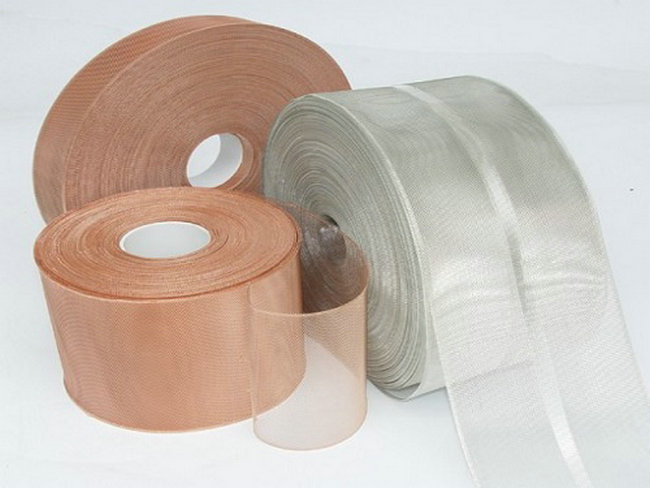Expanded Metal for Fuel Cell & Electrochemistry
Expanded metal mesh for electrochemical cells and fuel cell work as electrodes, it permit the transverse flow of fluids and offer large effective surface area of a given occupied volume.
Our Advantages:
We provide wide range of alloys available in the industry, such as nickel, copper, aluminum, nickel coated stainless steel plate, Tin, Zinc, Titanium and silver, etc.
We provide custom slitting, blanking, heat treatment and edge treatment options.
We control the quality precisely: we control the mesh’s area density, thickness, opening, strength; our product does not have black spot, oil stains, wrinkle, connected hole and breaking stick. It is flat and clear diamond.
Factors need to be considered when you choose the expanded metal for Electrochemistry and Fuel Cells:
1: The material and its specification affect the electrochemistry efficiency.
2: There are alloys available, but each of them has different formability.
3: we can also provide woven wire mesh, woven wire mesh and expanded metal have different advantages:
Woven wire mesh provides the high surface area. Wire mesh may be the only choice available if the required hole size is extremely small. Although the woven wire mesh’s overlap of warp and weft yields an uneven surface and tends to unravel at the edges, we has developed technology to overcome these defects.
Applications of
expanded metal mesh for Electrochemistry and Fuel Cells:
Fuel Cell Types Expanded Metal Mesh Applications
PEM—Proton Exchange Membrane
DMFC—Direct Methanol Fuel Cell
SOFC—Solid Oxide Fuel Cell
AFC—Alkaline Fuel Cell
MCFC—Molten Carbonate Fuel Cell
PAFC—Phosphoric Acid Fuel Cell
Electrolysis
Current Collectors, Membrane Support Screens, Flow Field Screens, Gas Diffusion Electrodes Barrier Layers, Etc.













